Indian Prime Minister Narendra Modi meets Russian President Vladimir Putin on the sidelines of the 16th BRICS Summit in Kazan (Russia), October 22, 2024_Photo: ANI/TTXVN
Objectives and principles of India's foreign policy
For India, the two core goals of foreign policy are national security and prosperity for its people (1) . The goal of “pursuing and securing India’s national interests” was officially put forward by the Indian Ministry of External Affairs in 2019, as Indian Prime Minister Narendra Modi once said, aiming for the “Indian century”, aiming to “put India in the forefront rather than just being a global balancing force”, “promoting reform and transformation of India for the security and prosperity of all Indians” (2) .
In other words, India's foreign policy objectives focus on security (territorial and people), economic development, energy security, nuclear capability and non-proliferation; international status and image to achieve the ultimate goal of becoming a leading power (3) .
More specifically, according to the Indian Ministry of External Affairs, India's foreign policy includes four main objectives, which are: 1- Protecting India from traditional and non-traditional security threats; 2- Shaping an external environment conducive to India's comprehensive development; 3- Ensuring that India's voice is heard and respected in global forums and that India becomes a responsible actor in taking on global issues, such as terrorism, climate change, disarmament, and reforming global governance institutions; 4- Protecting the Indian community abroad (4) .
With the approach of India's role as a sustainable development partner shaping a new path of cooperation, India's development partnership model is based on trust, respect, sovereignty, transparency, cooperation and respect for the requirements and interests of partner countries. Therefore, India's foreign policy can be defined in terms of a "2D - 1H" approach, which is dialogue, diplomacy, and hyphenation for India's development and for global interests (5) . A notable feature in the implementation of India's foreign policy since 1947 is that India has always followed the principles of the Constitution. In the spirit of Article 51 of the Indian Constitution on promoting international peace and security, India strives to: 1- Promote international peace and security; 2- Maintain fair relations between nations; 3- Promote respect for international law and international obligations; 3- Encourage settlement of international disputes by arbitration. These constitutional principles are clearly concretized through the guiding principles of India's foreign policy.
One is the principle of peaceful coexistence (panchsheel). This is considered the guiding principle in India's foreign policy. This principle was first mentioned through the Panchsheel Agreement between India and China. Since then, the principle of peaceful coexistence has become the guiding principle for India's bilateral relations with other countries. The principle of peaceful coexistence was later included in the Bandung Declaration, signed at the Asian-African Conference held in Indonesia in 1955. These are also the core principles of the Non-Aligned Movement (NAM). This principle stems from the philosophy of valuing world peace in the process of formulating India's foreign policy. The contents of this principle include: 1- Respect for each other's territorial integrity and sovereignty; 2- Non-aggression; 3- Non-interference in each other's internal affairs; 4- Equality and mutual benefit; 5- Peaceful coexistence (6) .
Second, the world is one family (vasudhaiva kutumbakam). This concept has been invoked by generations of Indian leaders, from Jawaharlal Nehru to Narendra Modi. Taken from an ancient Indian text, the Maha Upanishad, the verse on “vasudhaiva kutumbakam” is engraved in the entrance hall of the Indian Parliament (7) , emphasizing that the world is one family. Although the meaning of this concept has been used in many different contexts, the most common view is that the ideal of “vasudhaiva kutumbakam” refers more to the values than the interests of India’s participation in the world system, respecting the interests of others, promoting a sense of unity and shared responsibility on a global scale. This perspective also places special emphasis on addressing pressing global issues, such as climate change, sustainable development, and promoting peace and tolerance among diverse cultures and faiths. The idea of “the world is one family” also highlights the interconnectedness of humanity and the importance of unity. Most recently, the perspective of “the world is one family” was chosen as the theme for the 2023 G-20 Summit (8) , under which India is the G-20 Chair. Accordingly, the theme of the G-20 in 2023 is “One Earth, One Family, One Future”.
Third, no support for sanctions/military actions. In international politics, India does not support the imposition of sanctions/military actions on any country by another country or a group of countries unless such sanctions/military actions have been approved by the United Nations in accordance with international consensus. Therefore, India only contributes to UN peacekeeping operations. In line with this principle, India opposes interference in the internal affairs of other countries. However, if any action - intentional or unintentional - by any country is likely to infringe upon India's national-national interests, India will not hesitate to intervene promptly and promptly.
Fourth, strategic autonomy in building partnerships, not forming alliances . Non-alignment is the most important feature of India's foreign policy. The core element of this policy is to maintain independence in foreign affairs by not joining any military alliance. Non-alignment is not neutrality, non-involvement or isolation. It is a positive and dynamic concept. This principle emphasizes that the country takes an independent stance on international issues on the merits of each case, while not committing itself to the influence of any military bloc.
India's current principle of non-alignment has been inherited and developed through the concept of multi-alignment and strategic autonomy. Strategic autonomy in India's foreign policy refers to the right to decide and the strategic autonomy in implementing the country's foreign policy. India has maintained the principle of strategic autonomy in its foreign policy since independence. Today, in the context of the emerging multi-polar world order, India's principle of strategic autonomy remains unchanged. This principle is described as a way to control external dependence to ensure India's strategic autonomy in making foreign policy decisions and protecting national interests. Along with that, maintaining significant independence in strategic areas to maximize autonomy in decision-making in an international system that is always interdependent, especially avoiding dependence on a stronger country. From the perspective of strategic autonomy, India focuses on building partnerships, not alliances, especially military alliances. On the other hand, maintaining the principle of strategic autonomy in international relations contributes to promoting the international system towards multilateralism and democratization based on the sharing of common interests among all countries.
Fifth, global dialogue and consensus on global issues. India pursues the principle of global dialogue and consensus on issues of global scope, such as trade liberalization, climate change, terrorism, intellectual property rights, global governance, etc.
Sixth, peaceful settlement of international disputes. The consistent viewpoint in India's foreign policy since 1947 has been to peacefully resolve international disputes. This principle is also one of the principles of the United Nations Charter. The viewpoint of peacefully resolving international disputes is clearly demonstrated through India's viewpoint on border issues with neighboring countries with territorial disputes, supporting the peaceful resolution of Iran's nuclear issue, conflicts in the Middle East, the Russia-Ukraine conflict, etc. In addition, India has always opposed foreign military intervention to resolve international issues.
In addition to the above principles, India pursues the principle of respect and supremacy of international law , and pursues a just and equitable world order. Press Respect for international law and/or the principles of sovereign equality of states, non-interference in the internal affairs of other states advocated by the United Nations. India plays an important role in safeguarding world peace by supporting the decolonization process and actively participating in UN peacekeeping operations; supports the goal of global disarmament pursued by the United Nations; proposes and supports reforms of the United Nations Security Council and other organs of the United Nations.
In short, India views foreign policy as an instrument for national development, security and prosperity. The key principles of India’s foreign policy are support for dialogue and engagement in the international arena; respect for sovereignty and territorial integrity; non-interference in internal affairs, commitment to peace and stability in the world and solidarity with the global South.
Contents of India's foreign policy
In terms of foreign policy content, India aims at a multipolar world that is conducive to its growth and development, thereby maintaining balanced relations with all countries on the basis of building a network of mutually beneficial partnerships and issue-based partnerships. This content aims to make India a “leading power” (9) ... to restore the glory of Indian civilization and ensure a more prominent position in the international system.
Since 1947, India's foreign policy has gone through a long journey of inheritance and flexible adjustment.
Phase 1 (1947 - 1962): India pursued idealism in international relations, thoroughly implemented a non-aligned foreign policy, opposed the violation of sovereignty, focused on rebuilding the economy and tried to play a "leadership" role for countries in Asia and Africa towards a more equitable world order.
Second Phase (1962 - 1971): This was the decade of pragmatism in India's foreign policy, especially after the wars with China (1962) and Pakistan (1965). These two events are considered to be the reasons for India's shift from idealism to pragmatism in security.
Third phase (1971 - 1991): India asserted a greater role in the region (South Asia), associated with the establishment of the People's Republic of Bangladesh. During this period, the emergence of the US-China-Pakistan axis, the collapse of the socialist model in the Soviet Union and Eastern Europe, and the economic crisis of 1991 forced India to reconsider the basic principles of both domestic and foreign policies.
Fourth phase (1991 - 1999): India focused on implementing a policy of strategic autonomy. After the collapse of the socialist model in the Soviet Union and Eastern Europe, India opened its economy to the world. This was clearly reflected in the country's new diplomatic goals and strategies.
Fifth phase (2000 - 2013): During this period, India's foreign policy took on the characteristics of a "balancing power". India built a nuclear agreement with the US, improved relations with Western countries, strengthened relations with Russia, and reached a common understanding with China on trade and climate change.
Phase 6 (2014 to present): This is considered the phase of “dynamic diplomacy” of India. As one of the largest democracies in the world, India is ready to become a political and economic pole in an increasingly multipolar world with stability, development and an independent worldview.
Since 1947, India has made a strong contribution to shaping the international order (10) . The stages of development not only reflect India's core policy content in each historical period, but also demonstrate the country's dynamism in shaping the "new strategy of a new India".
Today, India is persistently pursuing a multipolar world order, built on a new set of principles with political ethics (11) at its core, with people at its center, a new world order based on the realities of the 21st century - an order where nationalism and liberalism can coexist and countries in the Global South are the main stakeholders. In other words, in addition to a rules-based world order, India is striving to build a values-based world order. Ethics and values are considered a set of principles that guide countries in contributing to building a world order based on political ethics, in which people are at the center. Indian Prime Minister N. Modi once mentioned people-centered globalization through the 4R framework, including respond, recognize, respect and reform. In this regard, responding to the priorities of the Global South by building a balanced and inclusive international agenda.
In addition to the above aspects, a recent content that has been frequently mentioned by India in its foreign policy is solidarity with the countries of the Southern Hemisphere in the context of these countries gradually moving towards the prosperous Northern Hemisphere (12) . India hosted the first Voice of the Southern Hemisphere Summit in January 2023, the second in November 2023 and the third in August 2024. During the summit, Indian Prime Minister N. Modi called for solidarity among countries in the context of increasing instability around the world; at the same time, proposed a “Global Development Pact” focusing on sustainable growth without creating a debt burden for countries. The fact that nearly 125 countries attended the third Voice of the Southern Hemisphere Summit shows India’s influence on the countries of the Southern Hemisphere.
Another aspect of India’s foreign policy concerns the Indian diaspora – one of the world’s oldest and largest diaspora communities, with around 32 million people of Indian origin. India’s approach to the Indian diaspora is characterised by the 4Cs framework – care, connect, celebrate and contribute – to ensure the well-being of the Indian diaspora, connect them to their roots, and celebrate their achievements and contributions to India’s development.
Based on the principle of not building alliances, India prioritizes multilateral alliance strategies to serve national interests, promoting the global agenda of peace, dialogue and diplomacy for economic security, energy, stability and overall development. India actively participates in reforming international institutions, such as the United Nations, the General Agreement on Tariffs and Trade (GATT), the World Trade Organization (WTO), the World Health Organization (WHO), the Bretton Woods System, while making efforts to strengthen its engagement with the countries of the Global South.
India's Priority Partners
In India's foreign policy, neighboring South Asian countries are considered a top priority . This is a continuation of the foreign policy of Indian Prime Minister N. Modi with previous administrations to strengthen strategic trust, re-establish relations and build bridges of friendship and mutually beneficial cooperation with South Asian countries. During the inauguration ceremony on May 26, 2014, Indian Prime Minister N. Modi showed special respect for neighboring South Asian countries by inviting all heads of state of South Asian countries that are members of the South Asian Association for Regional Cooperation (SAARC) (13) to participate. During his first term, Indian Prime Minister N. Modi also visited all SAARC countries (except Maldives due to political instability). To institutionalize cooperation with South Asian countries, India is committed to promoting South Asian integration through the processes of SAARC and the Bay of Bengal Initiative for Multi-Sectoral Technical and Economic Cooperation (BIMSTEC). India is also interested in its larger neighbours, such as Pakistan and China.
Politburo member, Prime Minister Pham Minh Chinh with Indian Prime Minister Narendra Modi on the occasion of attending the 43rd ASEAN Summit and related conferences in Jakarta, Indonesia, in 2023_Source: baochinhphu.vn
Next is the priority for the extended neighboring countries in foreign policy . The "Act East" policy and the "Connect West" policy are the two policies that most clearly demonstrate India's priority for the extended neighboring countries. After the "Look East" policy (LEP) was adjusted to the "Act East" policy (AEP), India's priority partners include Southeast Asian countries (focusing on ASEAN), Northeast Asia (China, Japan, South Korea), the South Pacific (Australia, New Zealand) and Russia. In addition, along with India's gradual expansion, connection, and consideration of the AEP as an important part of India's Indo-Pacific vision, the US, Australia, Japan, and South Korea in the Indo-Pacific region are considered the main partners in India's foreign policy. Accordingly, India not only improves economic and diplomatic relations with Southeast Asia, but also strengthens defense and security relations with countries in the Indo-Pacific region. This shows that India is ready to play an important role in bringing stability to the Indo-Pacific region.
In addition to the Eastern countries, India's partners now extend to the West, from the Gulf of Aden to the Strait of Malacca, including the Middle East and African countries (14) . Accordingly, within the framework of the "connect the West" policy (15) , India focuses on three main axes, including the Arab Gulf countries; Israel and Iran; and African countries.
India's foreign policy is also directed towards the rest of the world, including Central Asia, Western Europe, North America, Latin America, the Northern Hemisphere, the Pacific Islands, and the Caribbean, with a view to establishing India's position as a key player in international peace and security.
Overall, India has consistently pursued an independent foreign policy, emphasizing on maintaining strategic autonomy based on national interests. Although it does not participate in any alliance structure, India has built a network of mutually beneficial relationships and partnerships across the world based on mutual trust and cooperation.
Some issues suggested by India's foreign policy
Over the decades, despite the complex fluctuations of the regional and world situation, the Vietnam-India relationship has always maintained a sustainable friendship and has developed well in all fields. India's experience in implementing foreign policy can suggest the following issues:
First, building the nation's "foreign identity". It can be seen that throughout the adjustment of India's foreign policy from 1947 to the present, there has been consistency and persistence in two fundamental principles: strategic autonomy and "the world is one family". This has created India's "foreign identity" when attaching importance to the "ethical factor" in international relations. This is the foundation for India to implement a multi-aligned foreign policy on the basis of promoting multilateralism, reflecting the foreign policy of a country with a rich strategic culture and a deep value system.
Second, stand in solidarity with the countries of the Global South, supporting global governance based on the principles of inclusiveness, representation and equity . From India's foreign policy practice in recent years, especially in its role as G20 Chair in 2023 with the emphasis on the philosophy of "One Earth, One Family, One Future", India not only wants to become a "global friend" (Vishwa Mitra), India not only aims to bridge the gap between the countries of the Northern Hemisphere and the Southern Hemisphere, but also shows a tendency to promote solidarity and collective action with the countries of the Southern Hemisphere to overcome divisions and conflicts in a strongly fragmented world. India affirms to put the interests and aspirations of the countries of the Southern Hemisphere at the center of the G20 agenda, aiming to contribute to giving these countries a greater voice and position in the international forum.
Third, a balanced, multi-aligned foreign policy, building partnerships based on interests and issues. From India's experience, it can be affirmed that a balanced foreign policy has created India's current success - a "balanced power". Currently, India is considered a successful model in East-West relations, a bridge between developed and developing countries, in the role of a "leading country" of the Southern Hemisphere countries.
Fourth, make the most of multilateral institutions to reflect aspirations, increase voice and position in global governance. It can be seen that India has made good use of multilateral institutions to, on the one hand , convey ideas and solutions to various issues in global governance; on the other hand , demonstrate an active role in common regional and world issues./.
---------
* The article is the result of the research of the ministerial-level scientific task "Positioning Vietnam in the foreign policies of major powers by 2030" under the ministerial-level key program "Research on the world situation by 2030 to serve the goal of integration and national development in the new period".
(1) Dinesh Kumar Jain: “Indias Foreign Policy”, Ministry of External Affairs , February 25, 2014, https://www.mea.gov.in/indian-foreign-policy.htm
(2) Ministry of External Affairs, Government of India: “Prime Minister's message to Heads of Indian Missions”, February 7, 2015, https://www.mea.gov.in/press-releases.htm?dtl/24765/Prime+Ministers+message+to+Heads+of+Indian+Missions
(3) Sureesh Mehta: 'Foreword', in Freedom to Use the Seas: India's Maritime Military Strategy, Integrated Headquarters, Ministry of Defence (Navy), Government of India, New Delhi, May 28, 2007, p. 3
(4) Achal Malhotra: “India's Foreign Policy: 2014-2019: Landmarks, achievements and challenges ahead”, Ministry of External Affairs, Government of India, July 22, 2019, https://www.mea.gov.in/distinguished-lectures-detail.htm?833
(5) Indian Council of World Affairs: Celebrating 75 years of Indian foreign policy, Sapru House , New Delhi, 2023, https://icwa.in/pdfs/INdia75%20Web.pdf
(6) Ministry of External Affairs, Government of India: “Panchsheel”, https://www.mea.gov.in/uploads/publicationdocs/191_panchsheel.pdf, p. 1
(7) The original text of the two verses is engraved in the lobby of the Indian Parliament building, meaning “the whole world is one big family”: अयं निजः परो वेति गणना लघुचेतसाम्। (Ayam Nijah Paro Veti Ganana Laghucetasam); More information (Udaracaritanam Tu Vasudhaiva Kutumbakam)
(8) G-20 is commonly known as: Group of the world's leading developed and emerging economies, including 19 countries and the European Union. Recently, the African Union (AU) became the newest member of G-20.
(9) C. Raja Mohan: Modi's World - Extending India's sphere of Influence, Harper Collins, New Delhi, 2015
(10) Indian Council of World Affairs: Celebrating 75 years of Indian foreign policy, ibid.
(11) India's moral politics in international relations is closely linked to its strategic culture that emphasizes tolerance, benevolence, non-aggression, and willingness to assist other countries, creating the image of a friendly India that can assume global responsibilities. From 1947 to the present, India's emphasis on political morality in international relations has been demonstrated through the pursuit of the philosophy of Indian Prime Minister Indira Gandhi and Indian Prime Minister Jawaharlal Nehru, which has established India's role in the international arena through building moral prestige and support for developing countries.
(12) Indian Council of World Affairs: Celebrating 75 years of Indian foreign policy, ibid, pp. 41 – 42
(13) Including: Afghanistan, Bangladesh, Bhutan, India, Maldives, Nepal, Pakistan, Sri Lanka
(14) Dhruva Jaishankar: “Actualizing East: India in a Multipolar Asia”, ISAS Insights, No. 412, May 2017
(15) C. Raja Mohan: “Modi and the Middle East: Towards a Link West Policy”, The Indian Express, October 5, 2014, http://indianexpress.com/article/opinion/columns/modi-and-the-middle-east-towards-a-link-west-policy/
Source: https://tapchicongsan.org.vn/web/guest/the-gioi-van-de-su-kien/-/2018/1115602/chinh-sach-doi-ngoai-cua-an-do--huong-den-mot-cuong-quoc-can-ban.aspx






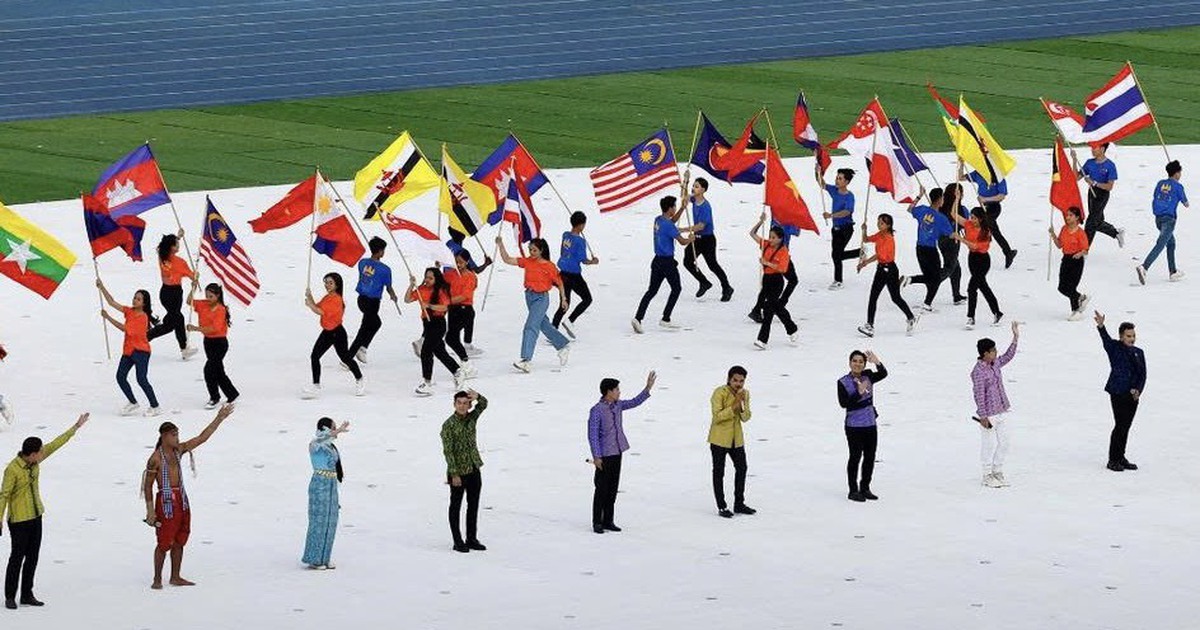
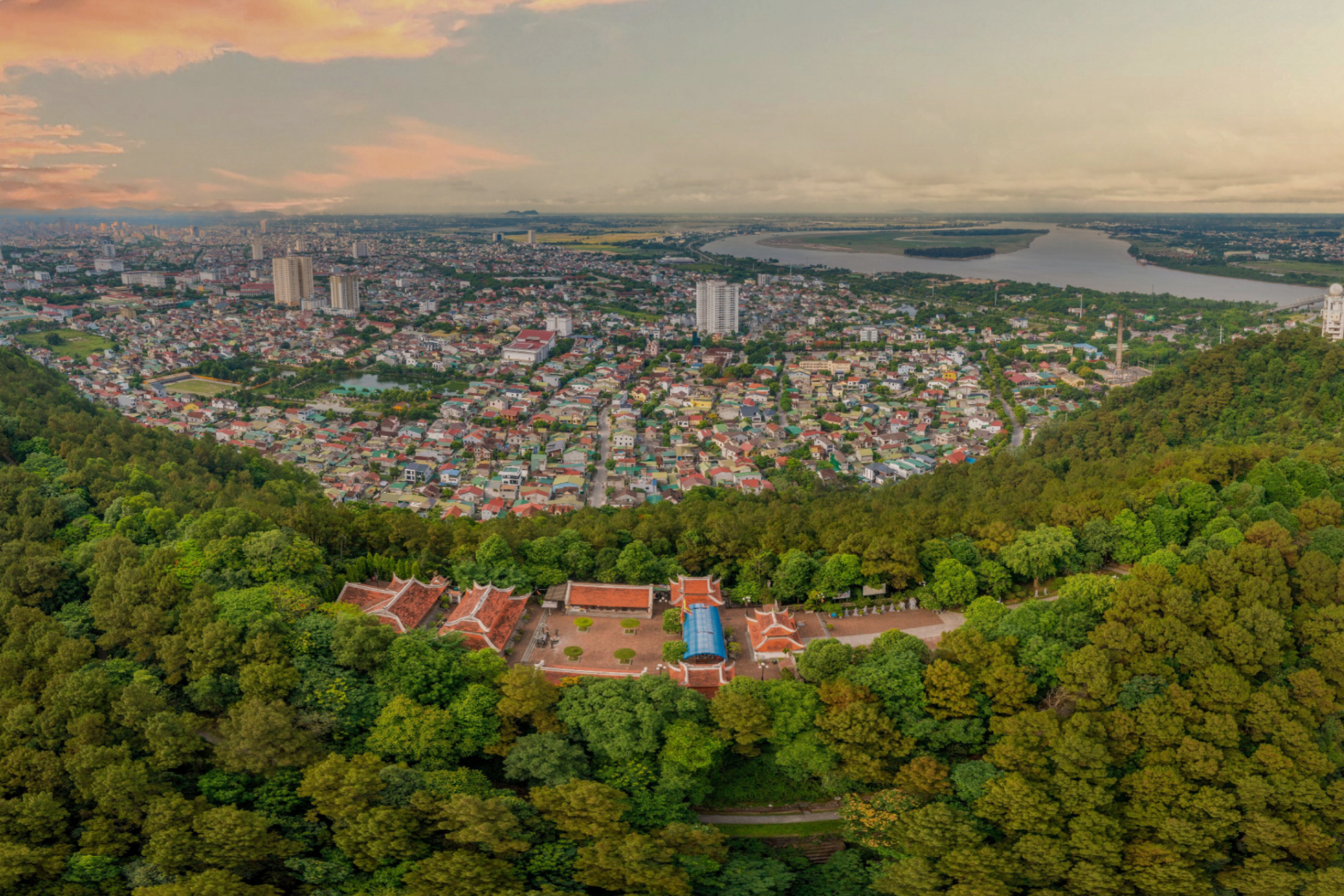

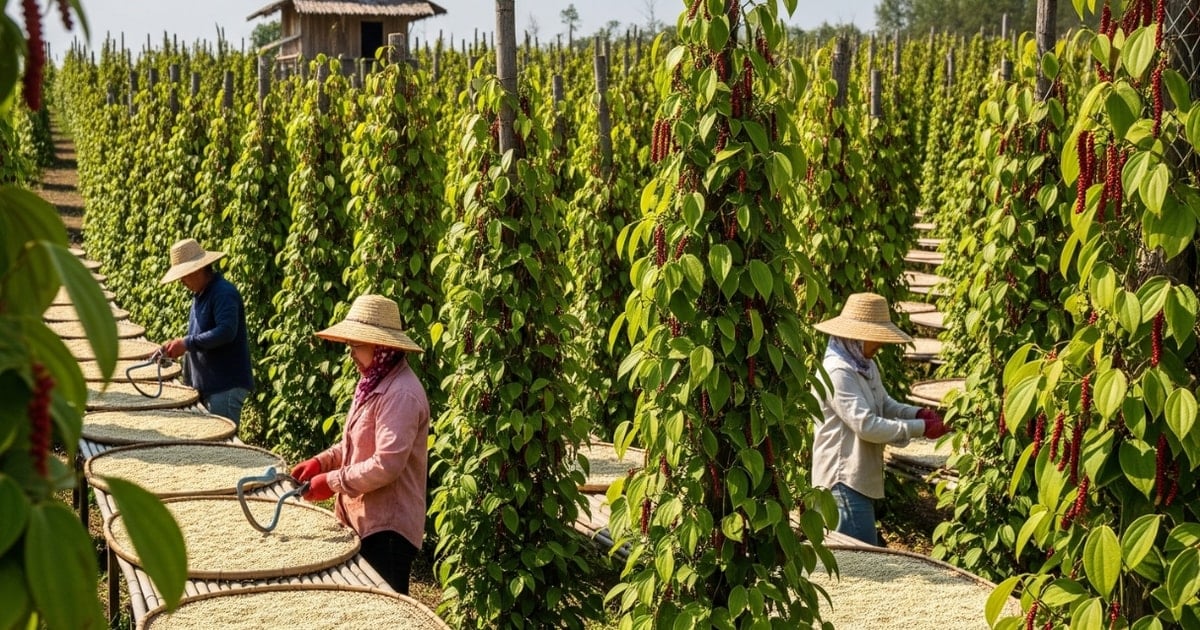


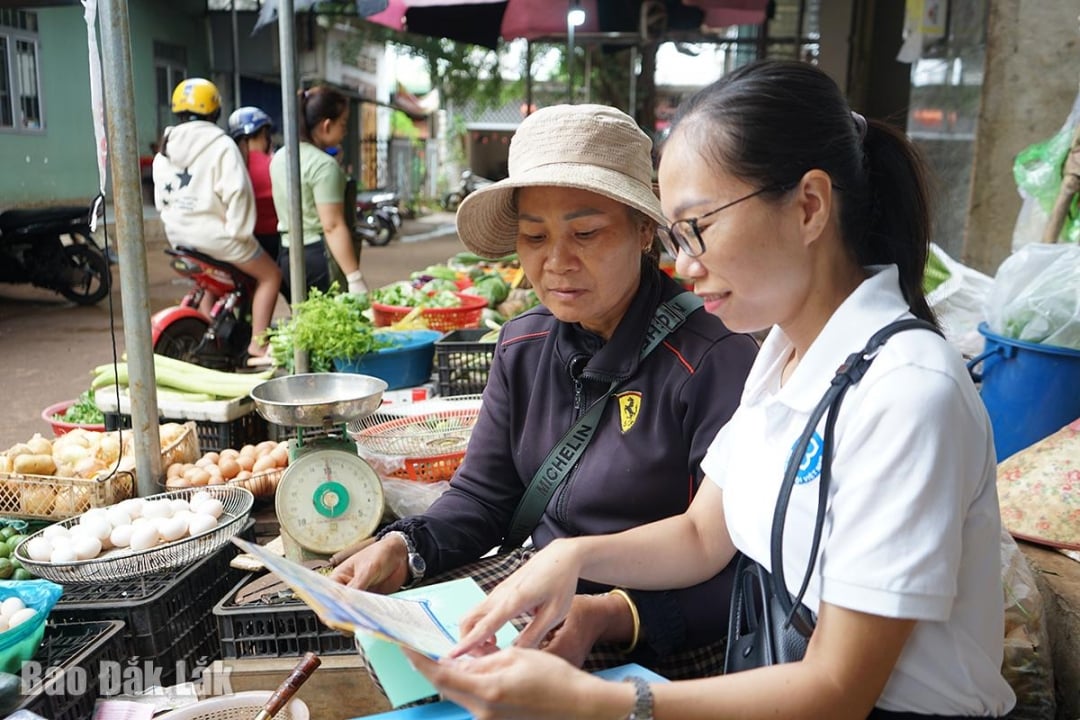
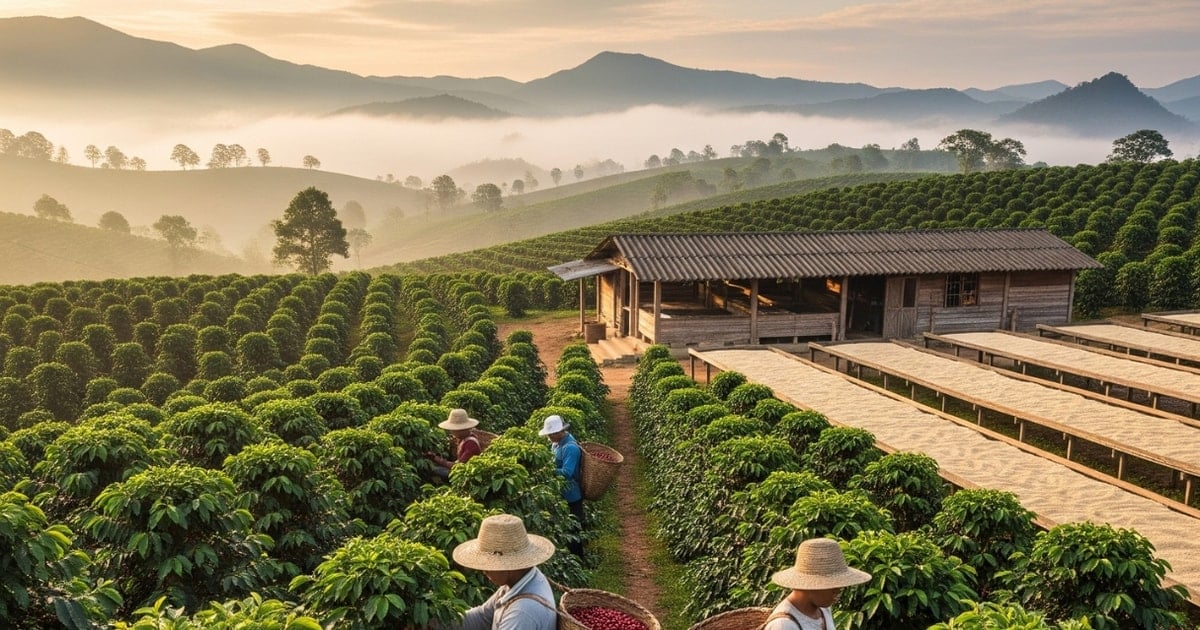















![[Photo] An Phu intersection project connecting Ho Chi Minh City-Long Thanh-Dau Giay expressway behind schedule](https://vstatic.vietnam.vn/vietnam/resource/IMAGE/2025/8/21/1ad80e9dd8944150bb72e6c49ecc7e08)




































![[Photo] Politburo works with the Standing Committee of Hanoi Party Committee and Ho Chi Minh City Party Committee](https://vstatic.vietnam.vn/vietnam/resource/IMAGE/2025/8/21/4f3460337a6045e7847d50d38704355d)

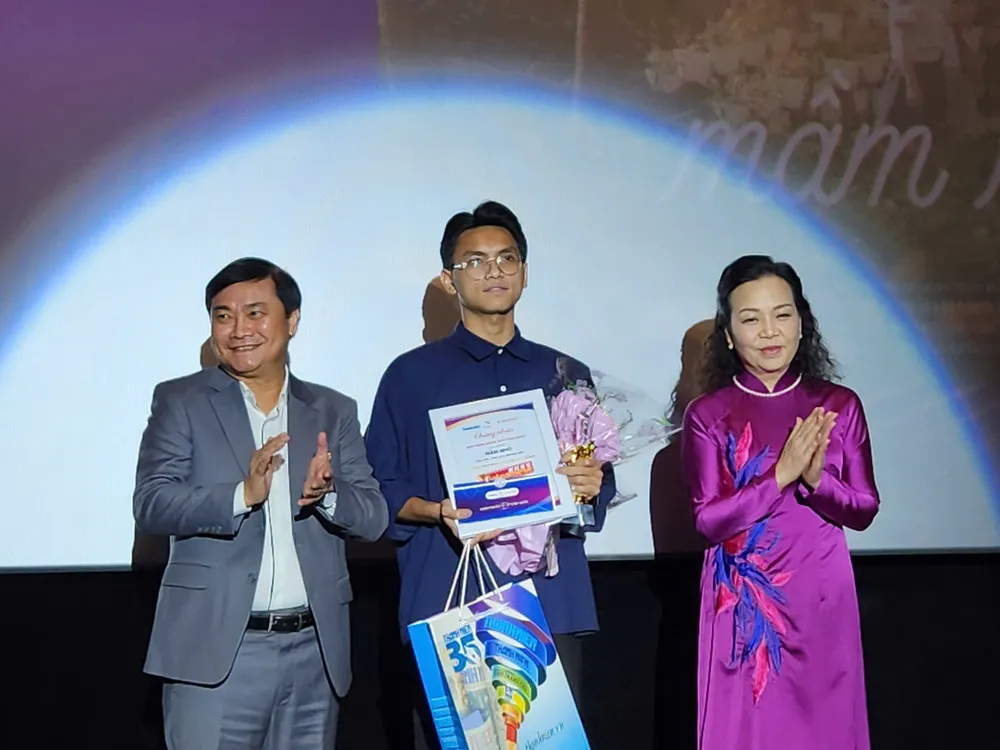































Comment (0)